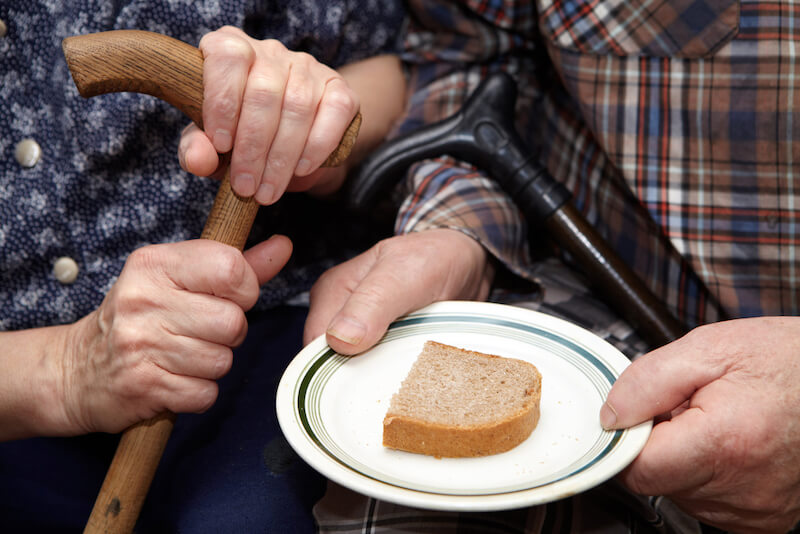As palliative care doctors and an ER/ICU nurse, we have seen first-hand the despair and devastation that results from disability poverty in Canada. It’s time for the federal government to step in and step up.
Our patient, a 59-year-old man with cerebral palsy, is experiencing homelessness. His family is no longer able to support him. Provincial social assistance rates are so low he can longer afford to live. He is a victim of abject poverty.
As health providers working on the front-lines, stories like this no longer shock us. That, in itself, should disturb you.
The Canada Disability Benefit (CDB) — a proposed federal disability benefit to complement existing inadequate provincial supports — is essential to ending disability poverty. The legislation to make CBD a reality is currently awaiting passage in the House of Commons.
The disability-led, pan-partisan organization, Disability Without Poverty (DWP) has been advocating for money in the pockets of disabled people living in poverty before the end of 2023. As healthcare workers, we see the urgency.
It is imperative that the proposed CDB legislation is prioritized when the House of Commons resumes this month. For so many people with disabilities, it is a matter of life and death.
The notion of a federal government providing income support for people with disabilities is not unheard of globally. For example, Australia’s National Disability Insurance Scheme (NDIS) is a federal disability support program created as a central pillar of the country’s National Disability Strategy. The Strategy was crafted specifically in response to high poverty rates amongst Australians with disabilities.
The Australian program has made a positive impact by covering the costs associated with essential, disability-related supports and by providing a disability pension to help with living costs for those who are unable to work more than 15 hours per week.
If Australia can do it, so can Canada.
A program like the NDIS in Canada would be life-altering for disabled people living in poverty, along with their families. Too many people with disabilities in our country are suffering, not from their disability, but from a lack of basic needs such as food, shelter, medication and services.
Since the pandemic, the number of disabled Canadians has increased tremendously.
According to Statistics Canada, at least 1.4 million Canadian adults continued to experience symptoms of COVID-19 three months post-infection, including fatigue, cough, shortness of breath and brain fog. These effects, and more, associated with ‘long COVID’ are debilitating and immobilizing to many Canadians.
It is well known that there is a potent link between chronic disability and income insecurity, further compounded presently by an all-time high inflation rate. Provincial programs, such as the Ontario Disability Support Program (ODSP), are not sufficient, and leave many people with disabilities living well below the poverty line.
This is why it’s past time that a well-funded federal disability income benefit be implemented. Passing legislation to support the CDB as a top-up to existing provincial and municipal programs would be the first step towards making this positive change.
But it is also essential that with the implementation of CDB, there are no clawbacks that occur, that existing health benefits, transportation allowances, adaptive equipment, employment supports and other in-kind benefits available from provincial and territorial governments must remain intact.
In other words, everything must be done to raise the support incomes of people with disabilities above the poverty line.
Canada is a wealthy country and the people who live in this country do care deeply. A recent survey by Angus Reid showed that the majority of Canadians (89 per cent) are in support of a Canada Disability Benefit.
We can end disability poverty and end the unnecessary suffering of so many people with disabilities. The time is now.
Photo courtesy of DepositPhotos
You can follow the authors on Twitter @AmitAryaMd, @NaheedD, @birgitomo





